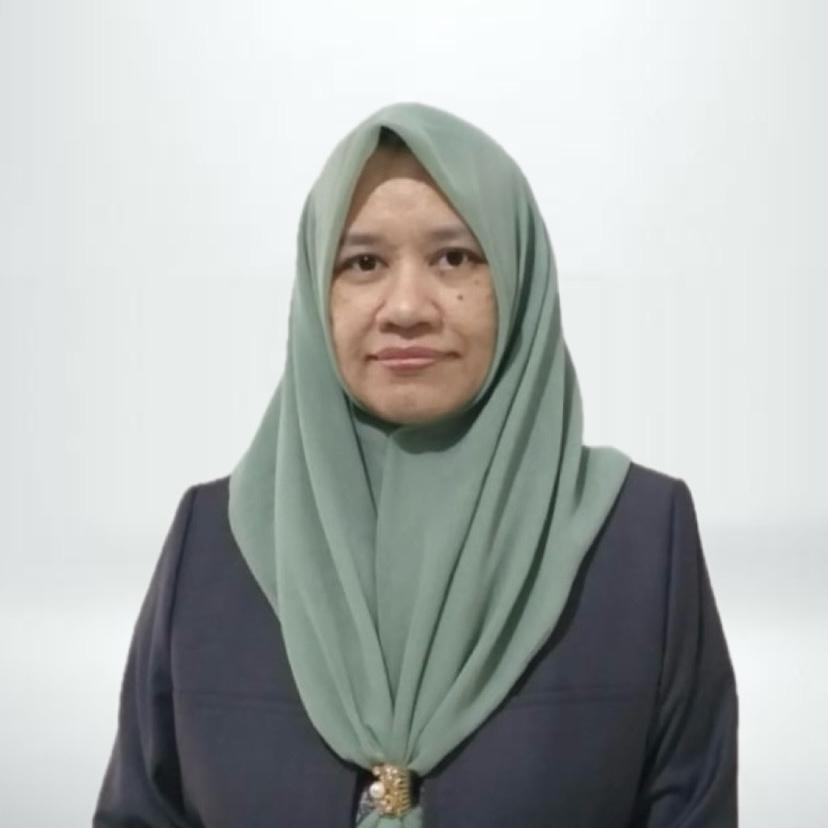THE IMPACT OF PROFITABILITY AND LEVERAGE ON TAX AGGRESSIVENESS WITH INCOME SMOOTHING AS THE MEDIATOR
Downloads
Information asymmetry and differences in interests between agents and principals are unavoidable problems in agency relationships. Agents with better information than other parties try to maximize their benefits by managing or manipulating reported accounting numbers. Profitability and leverage are common considerations for companies in carrying out income smoothing so that profits are stable and the company looks in good condition in the eyes of stakeholders. In addition, it is also related to the size of the corporate tax burden, so both can be factors that influence the level of corporate tax aggressiveness. This study aims to analyze the direct and indirect effects of profitability and leverage on tax aggressiveness and test the mediation of income smoothing on the effect of profitability and leverage on tax aggressiveness. The research sample was determined using a purposive sampling technique of 26 consumer non-cyclical sector companies listed on the Indonesia Stock Exchange in 2018-2020. Data were analyzed using the WarpPLS 7.0 analysis tool. The results of this study show that profitability and leverage affect tax aggressiveness. However, income smoothing does not affect tax aggressiveness. Income smoothing could not mediate the effect of profitability and leverage on tax aggressiveness. There is no indirect effect between profitability and leverage on tax aggressiveness.
Al Baaj, Q., Zabari, S., & Marshedi, A. (2018). The impact of income smoothing on tax profit : An applied study to a sample of international companies. Academy of Accounting and Financial Studies Journal, 22(5).
Alkausar, B., Lasmana, S.M., & Soemarsoeno, N. P. (2020). Agresivitas pajak: Sebuah Meta Analysis dalam perspektif agency theory (Tax aggressiveness: A metta analysis in agency theory). The International Journal of Applied Business Tijab, 4(1), 52-62.
Arifin, A., Amin F., Astriwati., & Hasnita, N. (2019). Determinan nilai perusahaan yang terdaftar di bursa efek indonesia (Studi Empiris Pada Perusahaan Food And Beverages tahun 2015-2018). Jurnal Mirai Manajemen. 4(2), 88-108.
Astuti, P. T., & Aryani., A.Y. (2000). Tren penghindaran pajak perusahaan manufaktur di Indonesia yang terdaftar di BEI tahun 2001-2014. Jurnal Akuntansi, 20(3), 375-388.
Bahtiar, R., & Saragih, J. (2019). Upaya meningkatkan penerimaan pajak dan meminimalkan shortfall pajak. Info Singkat Bidang Ekonomi dan Kebijakan Publik, 11(24).
Dinar, M., Yuesti, A., & Dewi, N. P. (2020). Pengaruh profitabilitas dan leverage terhadap agresivitas pajak pada perusahaan manufaktur yang terdaftar di BEI. Kumpulan Hasil Riset Mahasiswa Akuntansi, 2(1).
Faulkender., Michael., & Smith. (2016). Taxes and leverage at multinational corporations. Journal of Financial and Economic, 122, 1-20
Fernandes, A., Cerqueira, A., & Brandao, E. (2017). Tax and financial reporting aggressiveness: Evidence from Europe. FEP Working Papers. Universidade do Porto.
Fiscal, Y., & Steviany, A. (2015). The effect of size company, profitability, financial leverage and dividend payout ratio on income smoothing in the manufacturing companies listed in Indonesia Stock Exchange period 2010- 2013. Jurnal Akuntansi & Keuangan, 6(2), 11-24
Frank, M., Lynch, L., & Rego, S. (2009). Tax reporting aggressiveness and its relation to aggressive financial reporting. The Accounting Review, 84(2), 467- 496.
Hidayat, A. T., & Fitria, E. F. (2018). Pengaruh capital intensity, inventory intensity, profitabilitas, dan leverage terhadap agresivitas pajak. Jurnal Riset Ekonomi dan Bisnis, 13(2), 157-168.
Lietz, G. (2013). Tax avoidance vs tax aggressiveness : A unifying conceptual framework. Working Paper. University of Munster.
Lin, S., Tong, N., & Tucker, A. L. (2014). Corporate tax aggression and debt. Journal of Banking and Finance, 40, 227-241.
Megarani, N., Warno., & Fauzi, M. (2019). The effect of tax planning, company value, and leverage on income smoothing practices in companies listed on jakarta islamic index. Journal of Islamic Accounting and Finance Research, 1(1), 139-162.
Prastita, P. M., & Setiawan, E. (2016). Pengaruh profitabilitas dan pengungkapan corporate social responsibility terhadap agresivitas pajak penghasilan wajib pajak badan. E-Jurnal Akuntansi Universitas Udayana. 17(3), 2120-2144.
Pratiwi, N. P., & Damayanthi, I. G. (2017). Analisis perataan laba dan faktor – faktor yang mempengaruhinya. E-Journal Akuntansi Universitas Udayana, 20(1), 496-525.
Prihandini, W. (2020). Analys coverage and corporate tax aggressiveness in indonesia stock exchange. Binus Business Review, 11(1), 59-69.
Ratnaningrum. (2016). The influence of profitability and income tax on income smoothing rankings. Jurnal Bisnis dan Manajemen, 17(2).
Richardson, G., Lanis, R., & Leun, S. C. (2014). Corporate tax aggressiveness, outside directors, and debt policy: An empirical analysis. Journal of Corporate Finance, 25,107–121
Saeidi, P. (2012). The relationship between income smoothing and income tax and profitability ratios in iran stock market. Asian Journal of Finance & Accounting, 4(1).
Savitri, E. (2019). Can effective tax rates mediate the effect of profitability and debts on income smoothing? Problems and Perspectives in Management Jornal, 17(3).
Sunaryo. (2016). Effect of family ownership towards tax aggressiveness on food and beverages industrial company listed in Indonesia Stock Exchange. Binus Business Review, 7(1), 53-57.
Usmar, D. (2014). Tinjauan teori akuntansi positif terhadap fenomena creative accounting. Jurnal Wawasan dan Riset Akuntansi, 1(2), 80 - 92.
Yanti, L. D., & Hartono, L. (2019). Effect of leverage, profitability and company size on tax aggressiveness. (Empirical study : Subsector manufacturing companies food, beverage, cosmetics and household purposes manufacturing listed on the Indonesia Stock Exchange for 2014-2017). Eco-Fin, 1(1), 1-11.
Copyright (c) 2024 Nurlita Sukma Alfandia

This work is licensed under a Creative Commons Attribution-NonCommercial-ShareAlike 4.0 International License.
Authors who publish with Berkala Akuntansi dan Keuangan Indonesia agree to the following terms:
The journal allows the author to hold the copyright of the article without restrictions.
The journal allows the author(s) to retain publishing rights without restrictions
The legal formal aspect of journal publication accessibility refers to Creative Commons Attribution (CC BY NC SA)

BAKI (Berkala Akuntansi dan Keuangan Indonesia) is licensed under a Creative Commons Attribution-NonCommercial-ShareAlike 4.0 International License.


















